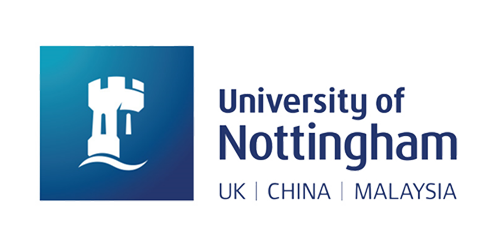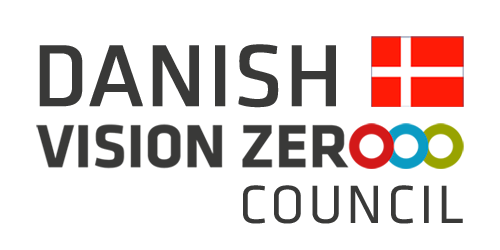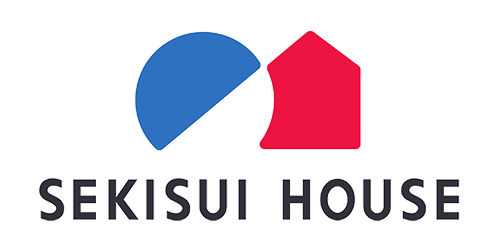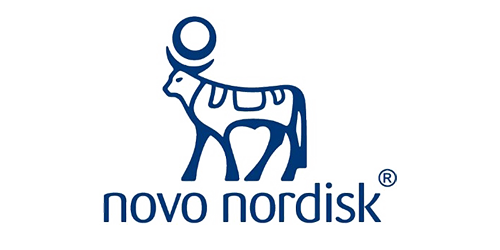
Timetable

 Japan
Japan

Topic: Well-being and SDGs
“Well-being” is newly introduced for Occupational Safety & Health activities by Vision Zero. Recently, organizations which consider the “Well-being” as one of the key management targets, have been increasing. Vision Zero supports such trend. It also brings the sustainability of business development as well as people’s decent working life, thus contributes to the achievement of SDGs. The SDGs have become an indispensable aspect for business and society now and in the future.
In this session, the following subjects will be discussed by world opinion leaders from academia and business.
(1) Concept and role of well-being
(2) Well-being and organizational approaches in corporate management
(3) Environmental changes and the growing importance of well-being in OSH
(4) Well-being, Innovation and International Standardization
(5) How to understand SDGs, SDGs /ESG management by organizations
Sub chairs






Presentations
Well-being and management
Prof. Takashi Maeno will be talking about the well-being management in Japanese companies. First, difference in the score of happiness is discussed.
Individualism and collectivism affect the score.
Then he will talk about the good practice of well-being management in Japanese leading companies.
Prioritizing People - Efficiency and engagement from social sustainability.
Finland has repeatedly been selected as the happiest nation in UN studies. How have the Scandinavian countries built an environment of wellbeing and what is the role of private companies in it? How do private companies align their actions to support wellbeing with UN Sustainable Development Goals? Examples from Metso Outotec, which is among the top 100 most sustainable corporations in the world, and from Greenstep, which is a fast growing professional services company.
IMPROVING EMPLOYEES WELL-BEING TO MAKE HOME THE HAPPIEST PLACE IN THE WORLD
Sekisui House has a global vision ” Make home the happiest place in the world”.
In order to provide the happiness of customers and realize the happiness of society, it is essential to pursue the Well-being of employees.
We will introduce Well-being Survey, Prediction of Health Examination Results Using AI and Healthy Challenge to improve the happiness of employees and workplaces.
Well-being and sustainability in the future of work
The Covid-19 pandemic has accelerated trends in the world of work that are associated with both opportunities and challenges for health, safety and well-being. This presentation will discuss these while placing special focus on psychosocial risks that are expected to increase in light of developments concerning the changing nature of work, the use of new technologies and the increased prevalence of atypical work arrangements. It will also highlight key dilemmas going forward for occupational health, safety and well-being and associated implications for research, policy and practice.
Well-being at work
Corporate Culture / Well-being / Innovation
A proper understanding of corporate culture will enhance well-being and can evolve an organization that generates innovation.
Improving employees wellbeing through organisational interventions
In her presentation Karina will outline the key principles and phases of participatory organisational interventions and provide examples of what type of activities can be developed to improve employee health and well-being in such interventions.
The Prosperous Future" to be Pursued Beyond Innovation
In recent years, new values such as well-being and diversity have been required in the international community.
We conducted a co-occurrence network analysis of the components of affluence described in 29 reports on well-being, extracting a core value compass with six directions to attain a prosperous future. In addition, while drawing social visions beyond that core value compass, we summarized examples of innovation that should be tackled in order to realize those social visions at the current stage.
In this speech, I will show how to derive the core value compass and social visions and introduce how to use them to create innovation.
Break
SDGs and Value Transformation(VX)
Organisational anchoring of employee mental well-being and stress prevention
This lecture is about how a large, global pharmaceutical company are working with ensuring mental well-being and preventing work-related stress. Mental health data can be used to ensure the necessary senior management commitment to employee mental health and well-being. Furthermore the speaker will share how the company in practice works to ensure continuous improvements in the psycho-social working environment
Well-being and SDG 8-decent work
International standardization of Well-being(Health) Management at organizations
An increasing number of companies view employee wellbeing( health) as an important management capital and are actively implementing or supporting activities to improve employee wellbeing(health). These corporate activities can be a major driving force for the penetration of SDG policies and the achievement of the goals. Therefore, the International Organization for Standardization (ISO) is currently examining the international standardization of wellbeing management, and will report on its standardization activities.
Vision Zero is not a mater of age - Next level safety is more sustainable when it is fun -
Trends and movements of sustainable leadership and Vision Zero well-being in Danish organizations
Many danish organizations are focused on working with STG’s. They are eager to contribute to balancing use of the world and in this regard all managers are decisionmakers. This speak will focus on managers unique role in contributing to both organizations development in a more sustainable way and wellbeing among employees. Mental surplus is needed if we should be able to innovate and at the same time notice small signs of dissatisfaction among employees.
The hypothesis is that managers own wellbeing is absolutely essential for success – this is our focus!



























